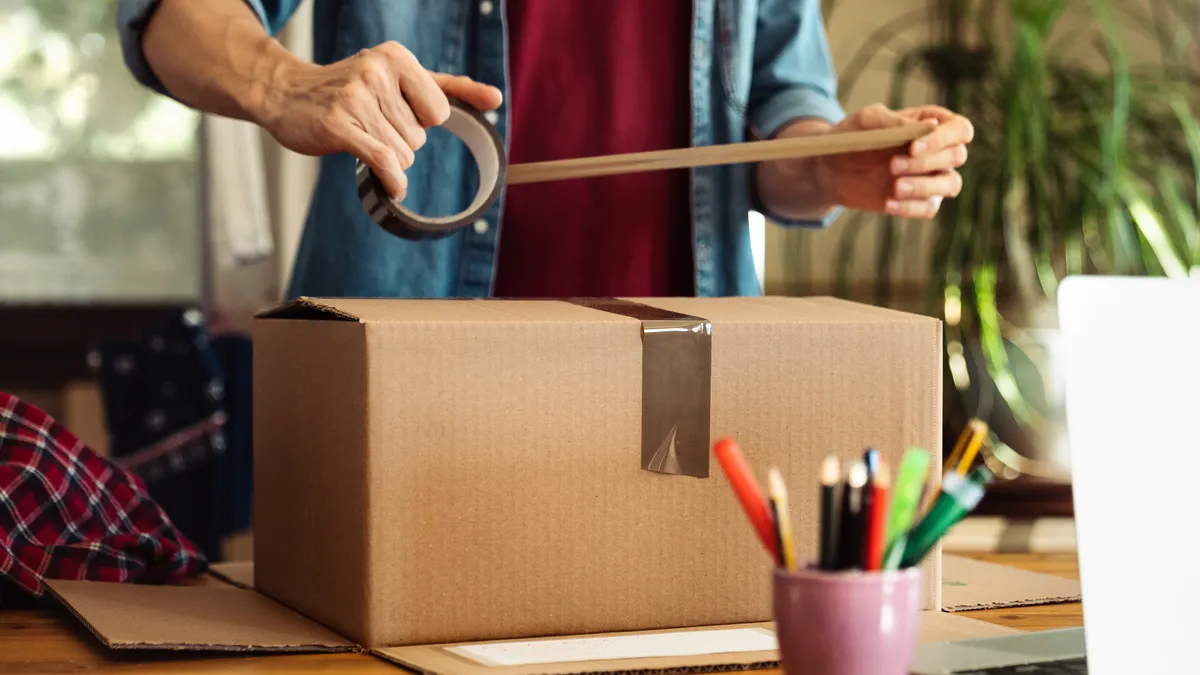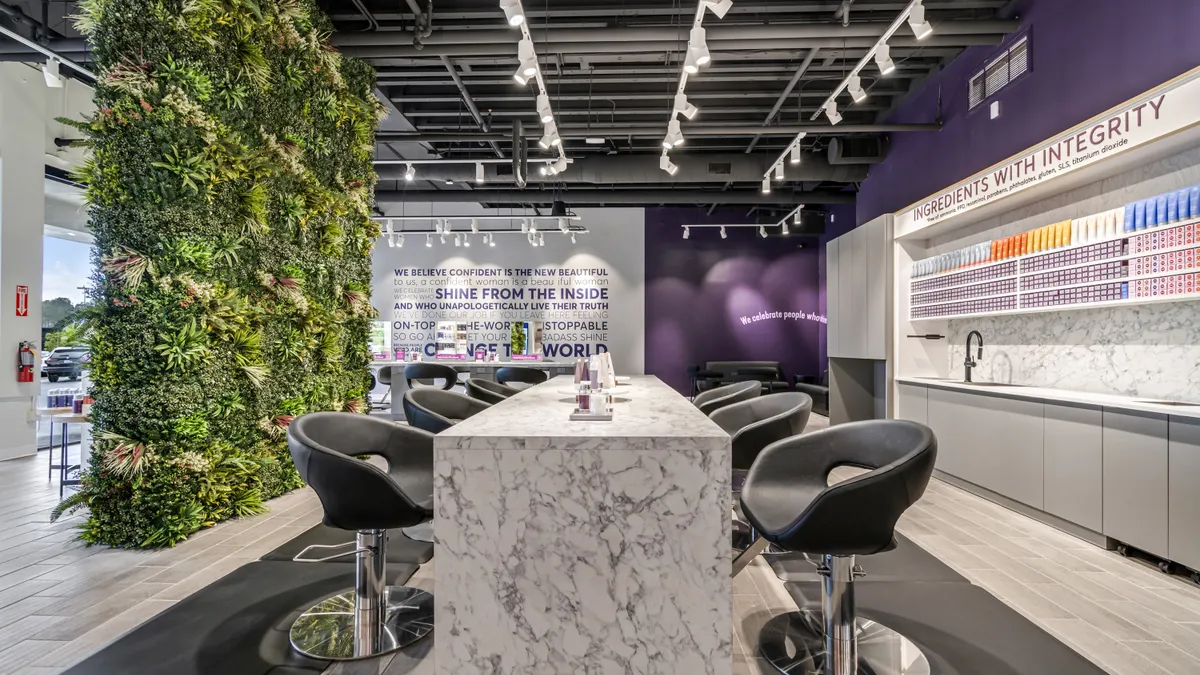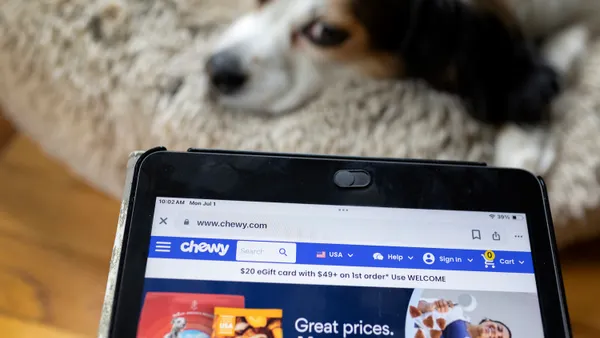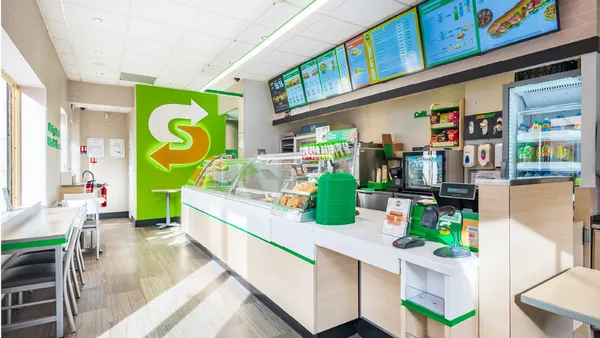The vast majority, nearly 9 in 10 consumers, have stopped shopping with a retailer because it introduced a paid returns policy, according to a survey of 2,045 consumers released Thursday by SAP Emarsys. A little over half of consumers actively avoid retailers that charge for returned items.
Free returns, however, can grow loyalty. The study found that 72% of shoppers show more loyalty to retailers that offer free returns, and nearly half say they are less loyal to brands that charge for returns.
“[Customers] have experienced better ease of returns and a better experience over time, and they demand that,” Mehmet Altug, director of the Center for Retail Transformation at George Mason University. “It is very clear when a retailer decides to charge a restocking fee, for example, why that would be something they wouldn't like.”
Last year, consumers returned 14.5% of their purchases, costing businesses $743 billion, according to a study by the National Retail Federation.
To reduce the impact of returns on their bottom line, some retailers are implementing fees. But that short-term relief can come at the cost of long-term loyalty.
Consumers have become accustomed to growing convenience in recent years, making fees particularly jarring when they are first introduced, Altug said.
“A lot of vendors are also now asking for return fees or restocking fees or have very strict timelines for returns,” Ritu Bhargava, president and chief product officer of industries and CX at SAP, said during a call with CX Dive. “That whole experience starts getting very, very heavy and time consuming.”
Though more than 4 in 5 shoppers have returned items over the past 12 months, more than half say they would prefer not to make returns if they can help it.
The SAP Emarsys survey found that 60% of shoppers want retailers to “get it right the first time” to avoid returns in the first place.
Bhargava recommended that rather than look for ways to make back restock costs, that retailers address the root cause of returns.
One way to prevent returns would be to provide better personalization, she said. The SAP Emarsys survey found that a quarter of consumers said they would reduce their rate of returns if they were offered more personalized product selections
Steve Rop, COO of goTRG, said that while returns will always happen, the key to reducing the impact is finding ways to make restocking less expensive without inconveniencing customers.
With nearly half of in-store returns originally bought online, according to the NRF survey, Rop expects more retailers to encourage the buy online, return in-store approach as a way for retailers to make restocking easier while improving the customer experience.












